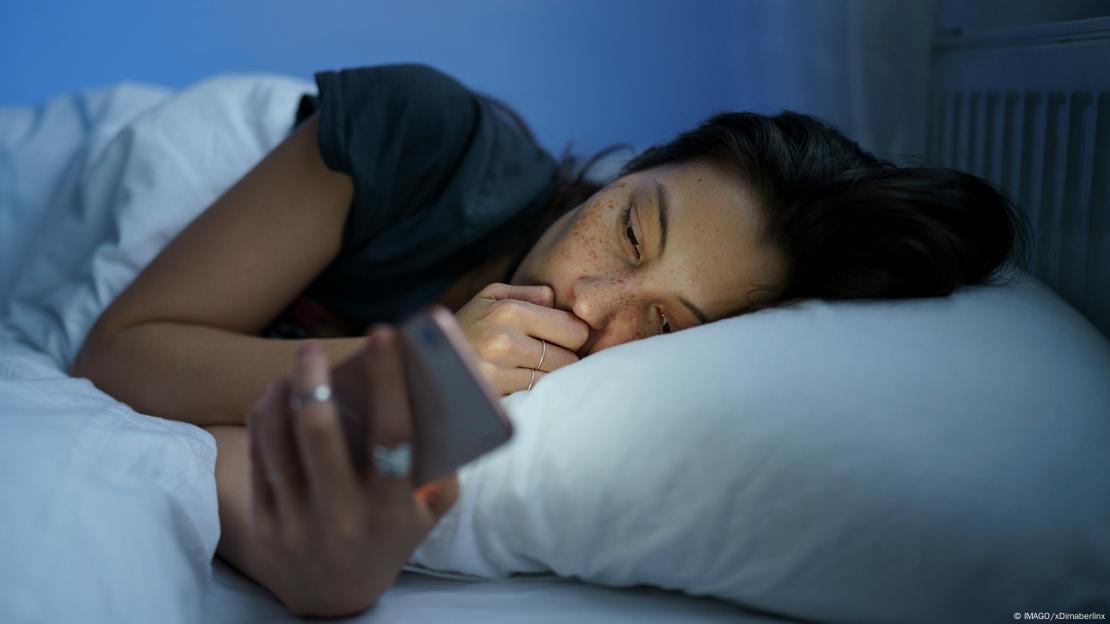Se recibió como licenciado en Ciencias Biológica en la Facultad de Ciencias de la Universidad de la República (Udelar) en el año 2006. Posteriormente, en el año 2018, egresó como magíster en Ciencias Biológicas en el área de Neurociencias del Programa de Desarrollo de las Ciencias Básicas de la Udelar. En 2022 culminó su Doctorado en Ciencias Biológicas por el Programa de Ciencias Básicas de la Udelar.
Ingresó a la Facultad de Psicología como docente en el año 2008 y en la actualidad forma parte del programa de Neuropsicología y neurobiología perteneciente al Instituto de Fundamentos y Métodos en Psicología. Fue profesor en Enseñanza Secundaria, docente de la Facultad de Ciencias, y ha sido invitado como docente visitante de universidades extranjeras como la Complutense de Madrid (España), la Autónoma de Nuevo León (México) y la Federal de Paraná (Brasil).
Su área de actuación se centra en el estudio del comportamiento humano en su triple dimensión bio-psico-social, con un énfasis en la mirada evolutiva. Forma parte del grupo de investigación interdisciplinario en Cronobiología (http://cronobiologia.fcien.edu.uy/), donde ha desarrollado sus investigaciones caracterizando el sueño y cronotipos en jóvenes, estudiando los factores que los moldean, y las consecuencias de la falta de sincronía entre las preferencias individuales y las demandas sociales en la salud física y mental.
Hasta la fecha produjo numerosas publicaciones científicas arbitradas, donde destacan “Challenged by extremely irregular school schedules, Uruguayan adolescents only set their waking time. Journal of Adolescence, 2022”; “Should I study or should I go (to sleep)? The influence of test schedule on the sleep behavior of undergraduates and its association with performance” y “Short sleep duration and extremely delayed chronotypes in Uruguayan youth: The role of school start times and social constraints. Journal of Biological Rhythms”.
Línea de investigación:
- Preferencias en el uso del tiempo y sueño en jóvenes, los factores que los influyen, y su impacto en distintas áreas como el desempeño académico y la salud
- Integra el Grupo Cronobiología (CSIC)
Instituto de Fundamentos y Métodos en Psicología
Dirección: Tristán Narvaja 1674 (EDIFICIO CENTRAL)
Ubicación: NIVEL 2
Teléfono: (598) 2400 8555
Interno: 340
Un reciente estudio publicado en la revista científica "Nature Communications" sugiere que las personas que están más activas en la tarde-noche y somnolientas en la mañana, comúnmente conocidas como "búhos", podrían tener una ventaja cognitiva. Ignacio Estevan, docente de la Facultad de Psicología de la Universidad de la República, destacó que la investigación muestra una asociación entre el cronotipo (esta preferencia por ubicar la actividad y el sueño más temprano o más tarde en el día) y la capacidad para resolver problemas. Las personas con cronotipos más tardíos tuvieron un mejor rendimiento en tareas cognitivas complejas en comparación con los "madrugadores", y también las personas que tenían una duración de sueño adecuada (7-9 horas). Este hallazgo desafía la percepción tradicional de que madrugar es sinónimo de mayor productividad y rendimiento cognitivo, como ya han mostrado las investigaciones con jóvenes uruguayos que asisten a distintos turnos.
Se comparte a continuación la nota publicada en el portal de la Deutsche Well:
"Night owls" performed better than "morning larks" in cognitive tests, a study found. But that doesn't mean we all have to work through the night.
Are you a "night owl" or a "morning lark"? Do you get up early to seize the day or stay up working late into the night? Whether you think it's a preference, a habit or just the way you are, it's your "chronotype".
And a study suggests your chronotype can impact your general cognitive skills. The study found that night owls generally had higher cognitive scores than morning larks.
The UK-based study, published July 11, 2024, in the journal BMJ Public Health, looked at data from more than 26,000 people who had completed a number of cognitive tests.
The aim was to find out how different aspects of sleep, including duration, patterns, and quality, affected mental sharpness and overall cognitive ability.
What the 'night owl' study found
They found that sleeping between 7-9 hours a night was optimum for brain function. But they also found that a person's chronotype affected their test scores.
"Adults who [were] naturally more active in the evening tended to perform better on cognitive tests than those who [were] 'morning people,'" said lead author Raha West, Imperial College London, UK, in a press statement. "Rather than just being personal preferences, these chronotypes could impact our cognitive function."
But that didn't mean all morning people have worse cognitive performance. "The findings reflect an overall trend where the majority might lean towards better cognition in the evening types," said West.
What's more, your chronotype is not set in stone — you can adapt, either way. And simply getting a good night's sleep can improve your cognitive performance, too.
The science of sleep chronotypes
Chronotypes are not permanent — they can shift over our lifetimes.
"Children tend to be morning types, adolescents and young adults shift towards being evening types, and older adults often revert to being morning types," said Feifei Wang, a sleep expert at Eötvös Loránd University in Budapest, Hungary.
But Wang said there was clear evidence that our preferences for sleep and activity times were persistent, even when we shift time zones.
"A combination of genetic, hormonal, environmental, and lifestyle factors determines whether a person is more active in the morning or evening, and these factors interact to shape an individual's chronotype," said Wang, who was not part of the new study.
Chronotypes are partly related to differences in our circadian rhythms — the body's biological clock, which runs essential functions, such as sleep and metabolism.
Genes involved in a person's circadian rhythm, include genes called "CLOCK", "PER", "CRY". They have a strong impact on chronotype. They "influence whether a person is a morning or evening type," Wang told DW.
But you can train yourself to be a morning or evening type.
"We've shown undergraduate students can advance their chronotype by almost two hours over two years," said Ignacio Estevan, a sleep expert at Universidad de la República in Montevideo, Uruguay. Estevan was also not involved in the new study.
'All-nighters' reduce academic test performance
 Estevan has researched the association between chronotypes and school grades. He has found that test performance in night owls and morning larks depended on when during the day you tested them for your study.
Estevan has researched the association between chronotypes and school grades. He has found that test performance in night owls and morning larks depended on when during the day you tested them for your study.
"We found that late chronotypes had worse academic performance compared to early chronotypes in the morning shift, and not in the afternoon shift," Estevan told DW, adding that his research contributed to a body of evidence showing that school start-times have an impact on children's academic performance.
Some experts argue that better alignment between school timing and students' biological rhythms would enhance their opportunities later in life.
Ultimately, said Estevan, test and cognitive performance depended on good quality sleep. Studies tend to show that people who sleep longer perform better in tests.
Estevan said that can be explained by the importance of sleep for learning and good cognitive functioning. His research has found that doing an 'all-nighter' to revise last-minute has a bad effect on test scores.
"Around 15% of the students [in our study] did not sleep before the test, and they had the worst performance," said Estevan.
So, what's the best way to get a good night's sleep? Wang recommended keeping "a regular sleep schedule, have a dark and quiet environment to sleep in, try to relax, do not consume caffeine or stimulants after nightfall, and reduce exposure to light at night, particularly before going to sleep."
Primary source:
Sleep duration, chronotype, health and lifestyle factors affect cognition: A UK Biobank cross-sectional study; published by Raha West, Daqing Ma et al. in BMJ Public Health (July 2024) https://doi.org/10.1136/bmjph-2024-001000
